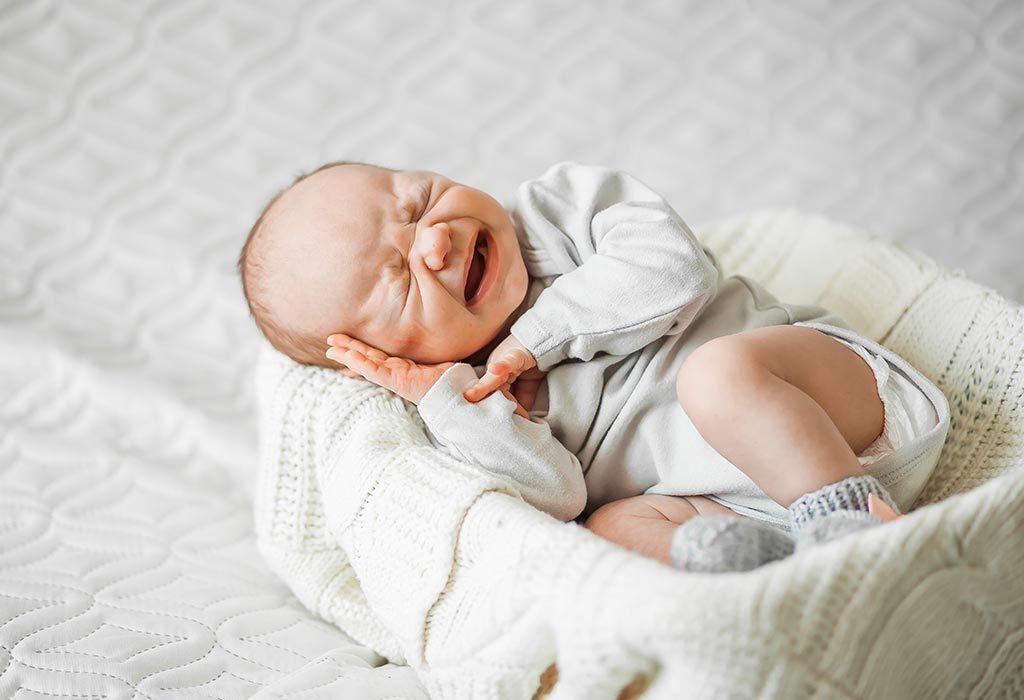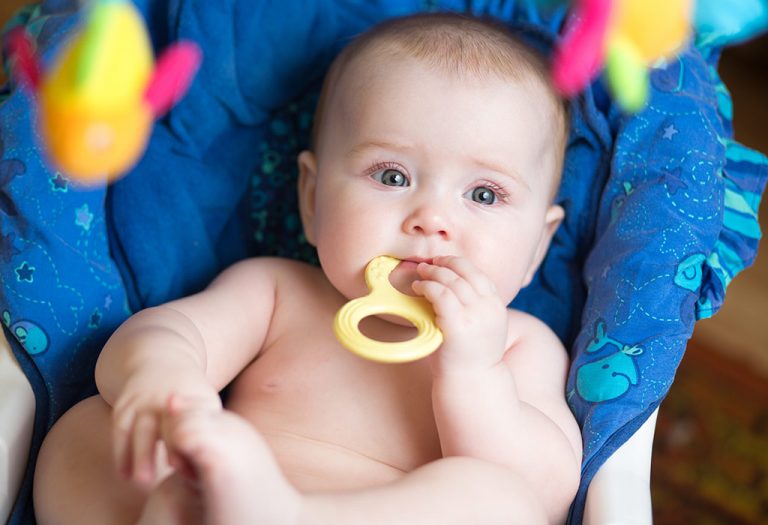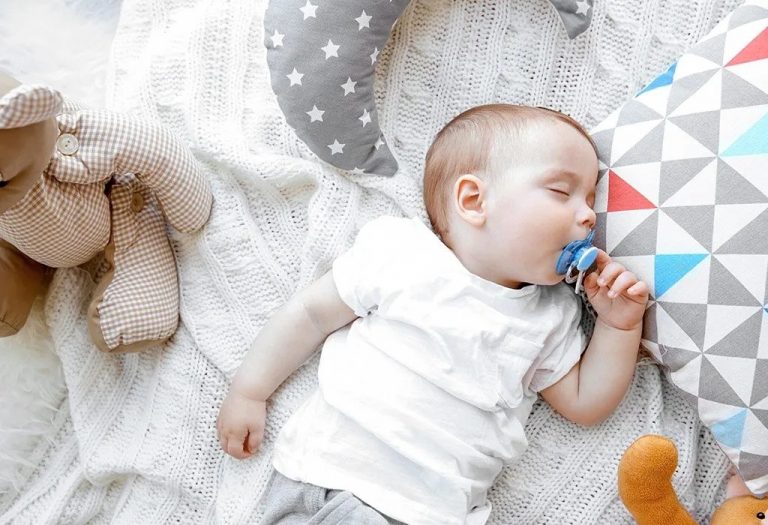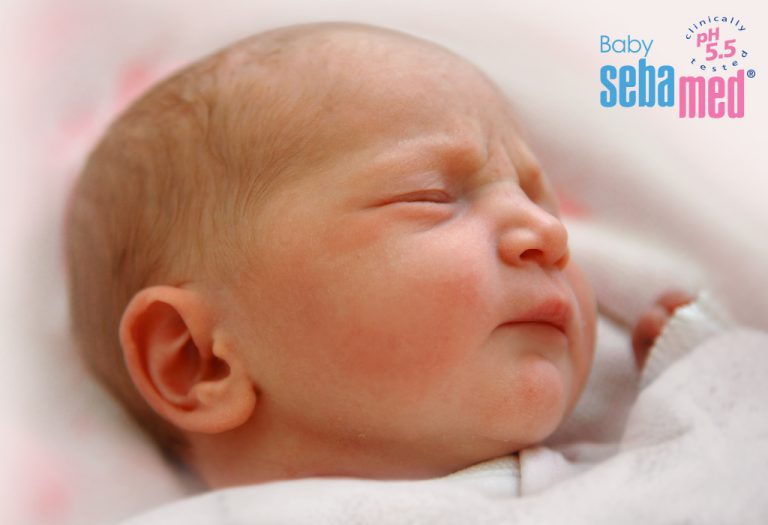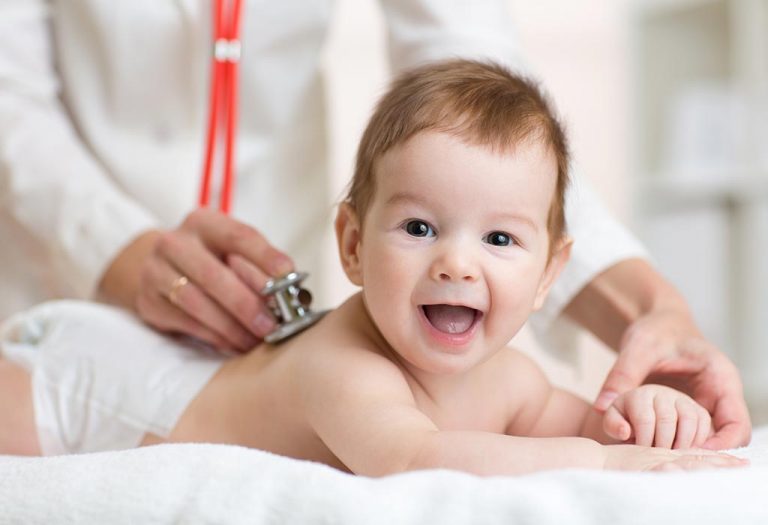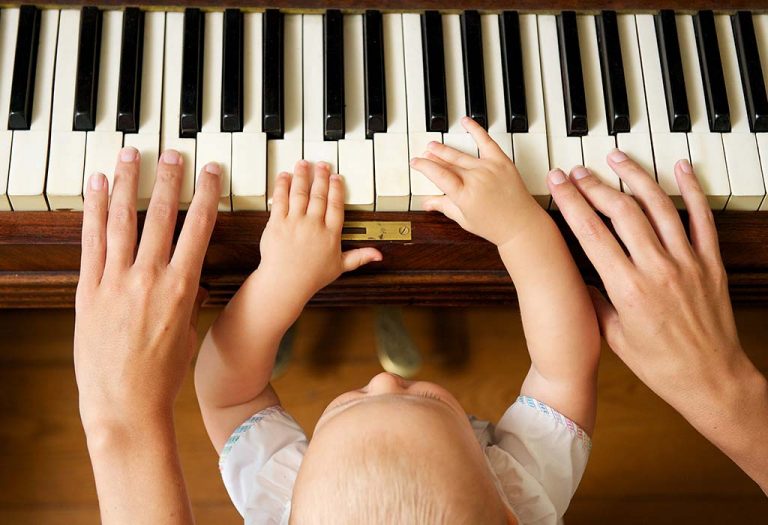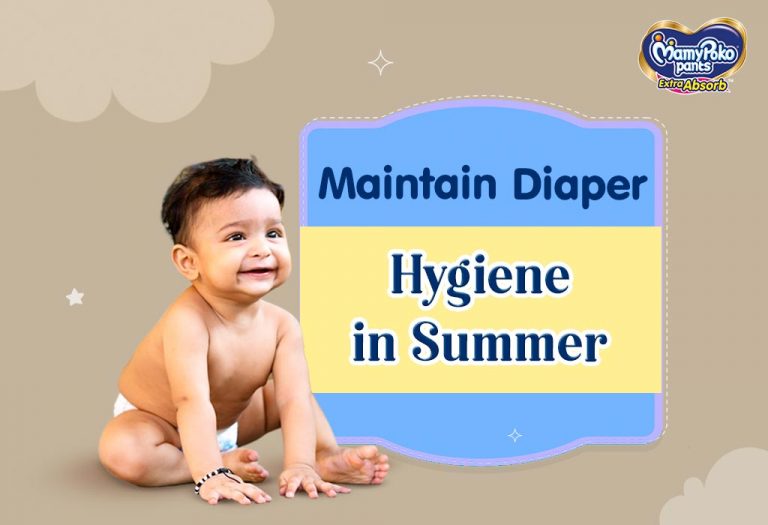Is Crying Good for Your Baby?

An infant in the house means a lot of extraordinary moments worth remembering. However, there is also the sound of the relentless crying that never seems to end. It can make mothers feel like they are at their wits’ end, and it makes them desperate because there is very little that they can do to stop the crying, especially with newborn infants. It is important, however, for a baby to cry. Read on to understand why your baby should cry, how it helps her, and when you should soothe your wailing infant.
Video : Crying in Babies: Is It Good or Bad?
Why Crying Is Good for Your Baby
You may think it’s an old wives’ tale that crying is good for a baby’s lungs, but yes, crying is essential for your infant. Listed here are the benefits of crying for your baby:
1.Significance of the First Cry
Your infant’s first cry is significant in more ways than one. It announces to you and to the world the arrival of your precious baby. More importantly, though, it opens up her lungs to take in air, and assists her breathing. Remember, though, that this trick is only for the first cry. The lungs do not grow bigger every time your baby cries.
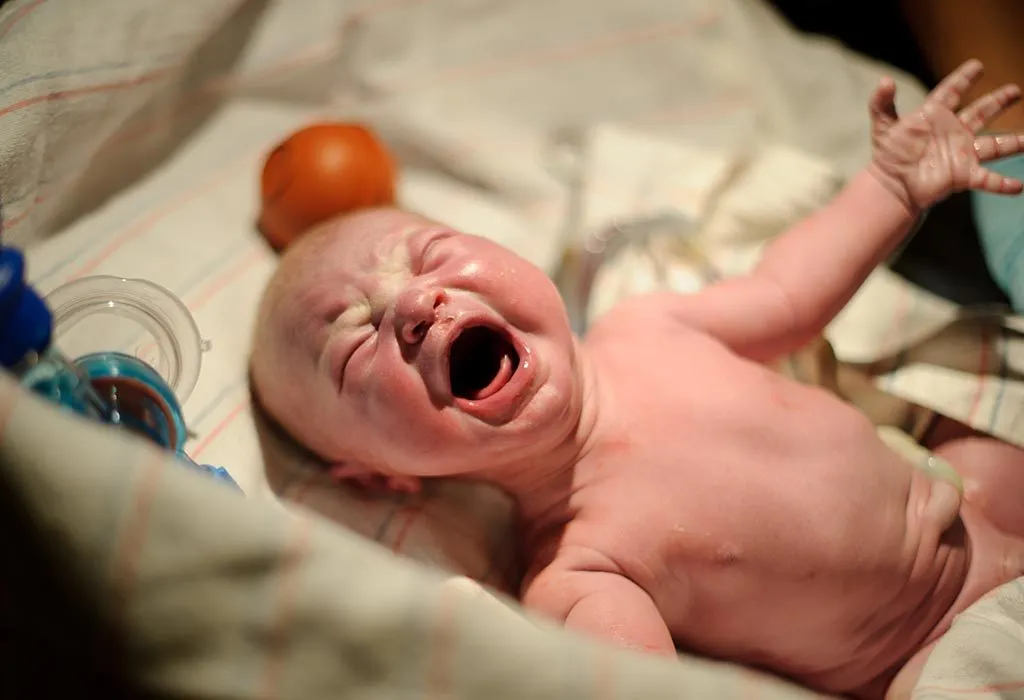
2. Communication with the Mother
After the first cry, your infant will cry for approximately 3 hours every day for the first few months. This is the only way she knows how to communicate with you. Over time, mothers learn to discern what type of cry is calling attention to which need of the baby. Your baby will cry because she wants food, comfort (like a diaper change, tighter swaddling), warmth, or to indicate the onset of pain or sickness.
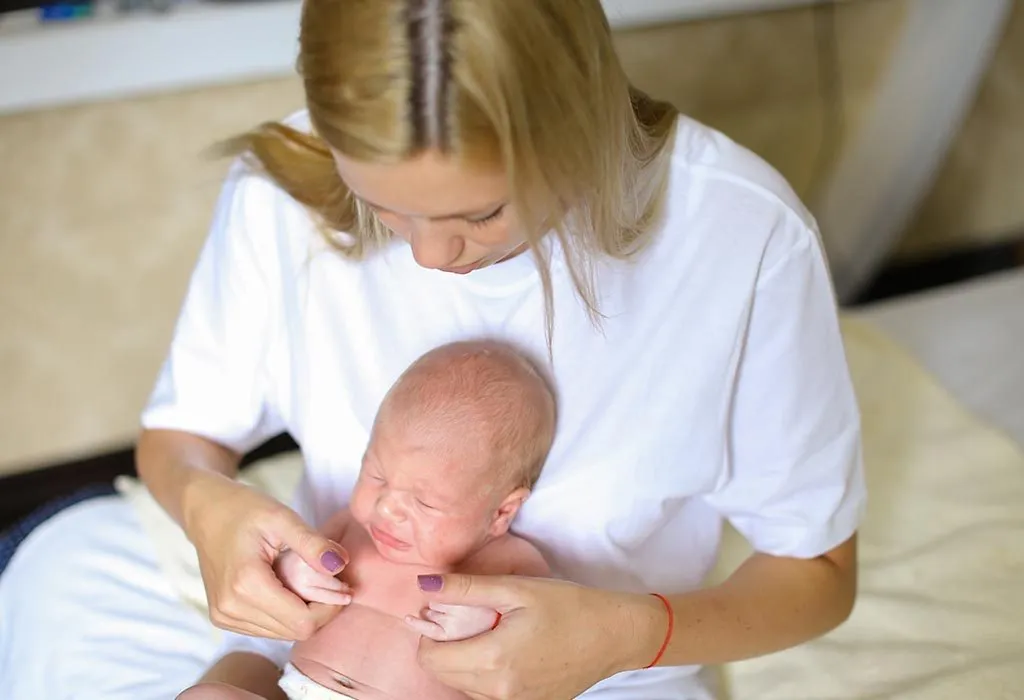
3. Psychological Well-Being
When a crying baby is soothed and held close by the mother, it sends out a signal of safety and security to her. Self-soothing could be an option for later, but a new-born requires the attention for the first few months.
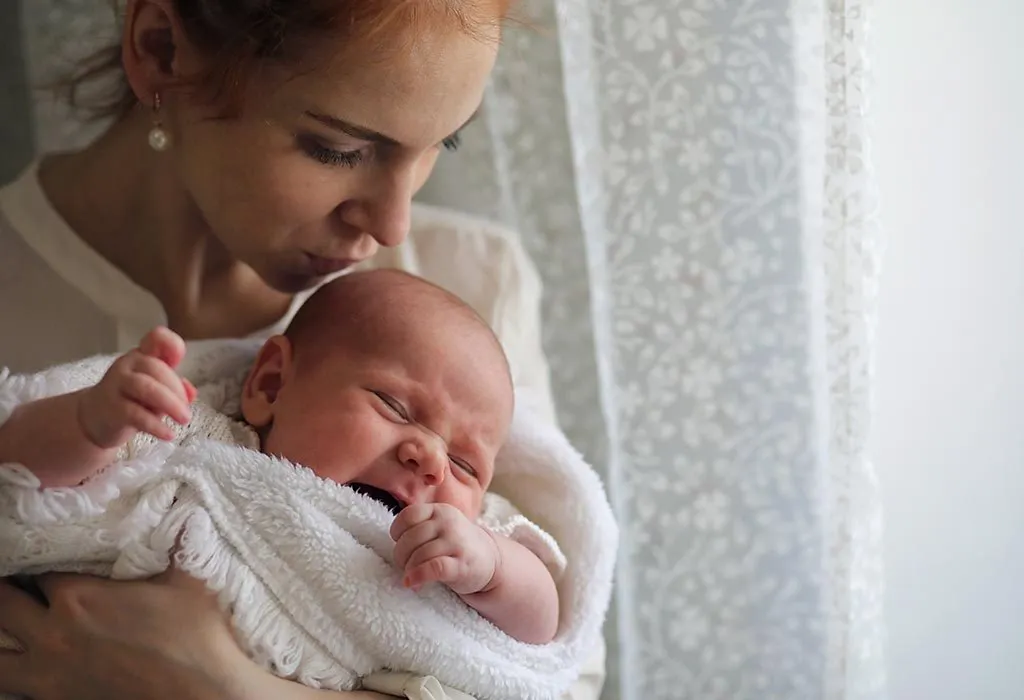
4. Muscular Stretch
As a baby cries, many muscles of the arms, back and face are twisted to bring it out. Sometimes it may not be just to get exercise, so don’t let your baby wail for too long. Keep her feeling comfortable at all times.

5. Emotional Stress Reliever
Crying helps reduce emotional baggage even in infants. If your toddler is crying, the chances are that she has your attention. This brings down further chances of having a complete meltdown. Reason with your baby and talk to her when she cries so that she understands, and is even distracted from the crying.
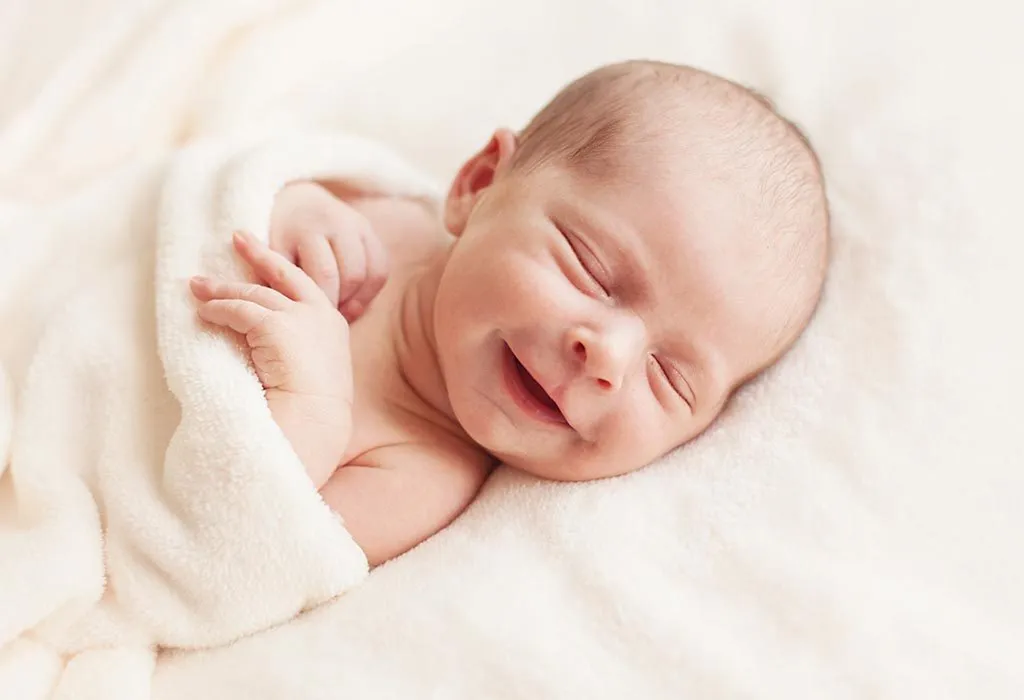
Allowing your baby to cry has some benefits. Be sure, nevertheless, to know when to soothe her and stop the crying because your baby needs all the emotional comfort and security for the coming months. Once the concept of object permanence kicks in, your baby might cope better with her environment and will adjust better. Hang in there, and hold on to your baby for as long as you can!
Also Read: Understanding Different Types of Baby Cry



